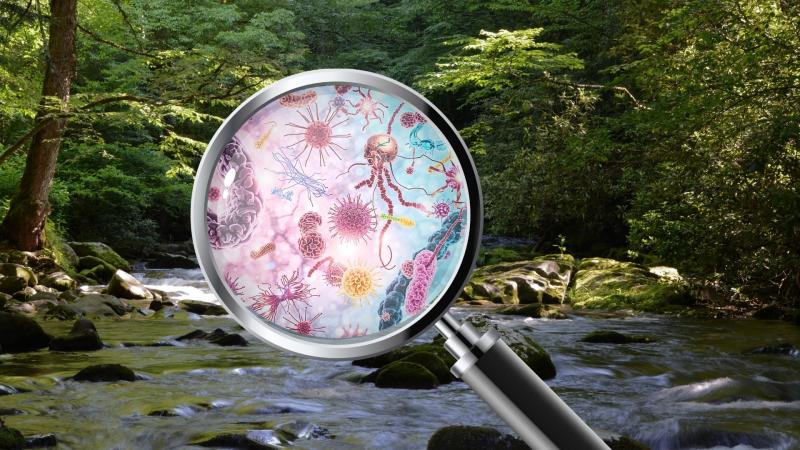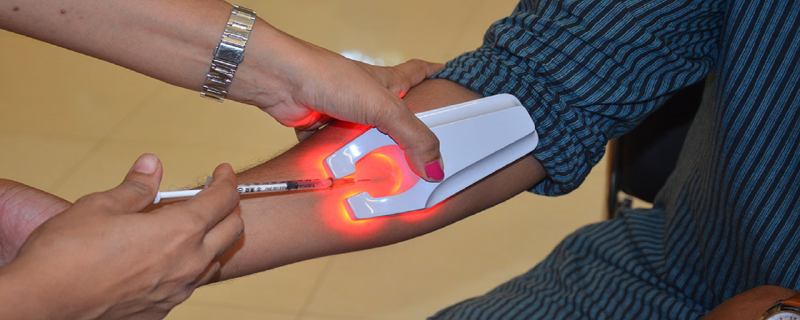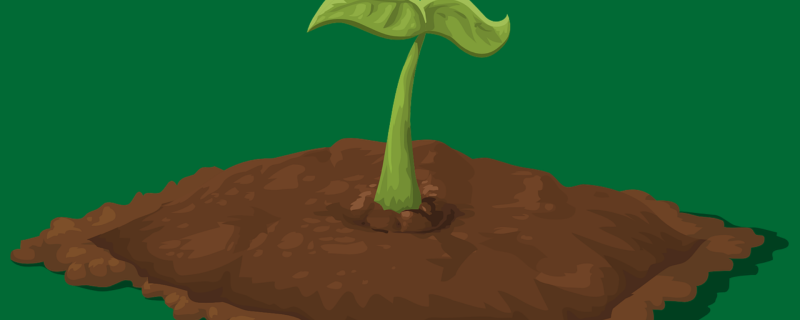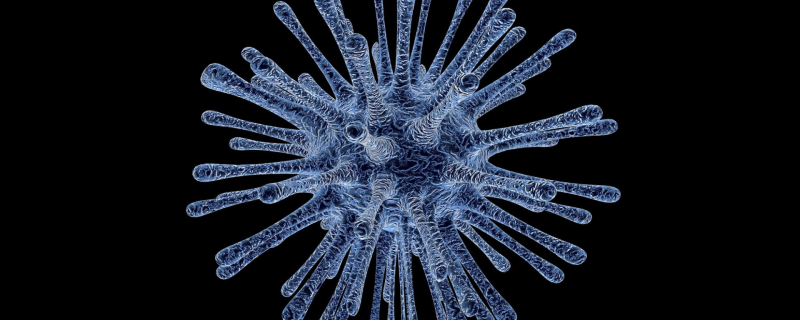IIT Bombay student develops a device to locate veins before drawing blood.
For many of us, the thought of being pricked by a needle to draw blood or inject drugs is horrifying, right? What if you had to be pierced many times because the right vein could not be identified? Nightmarish you say? Soon, this could be the thing of past, thanks to an award-winning ‘vein tracer’ by Mr. Trivikram Annamali, a student of the Indian Institute of Technology Bombay.










